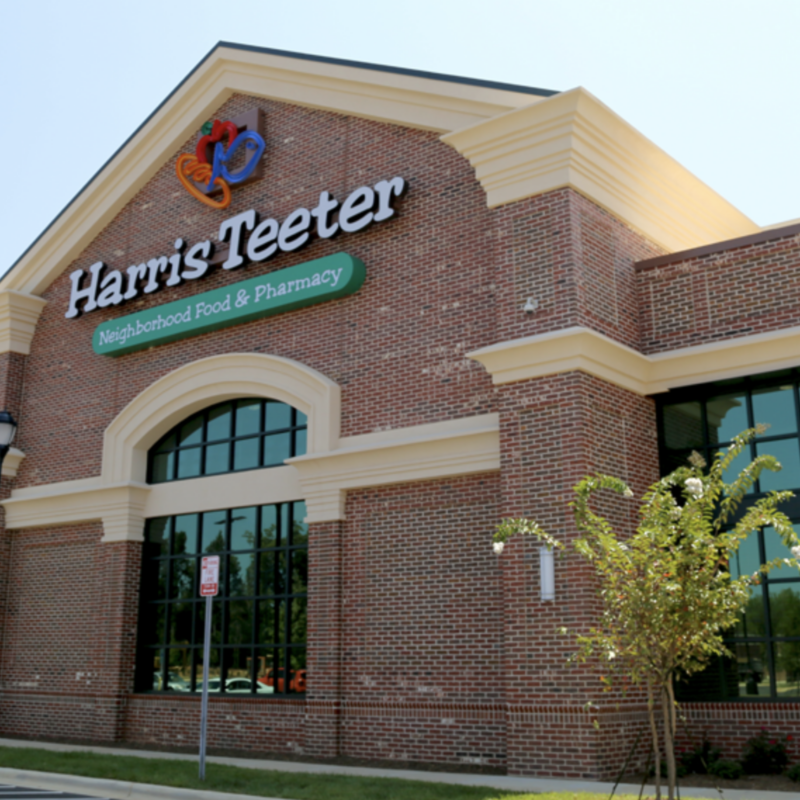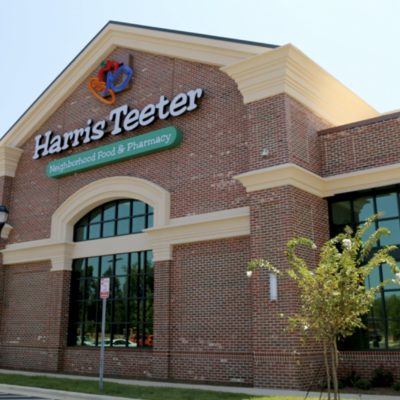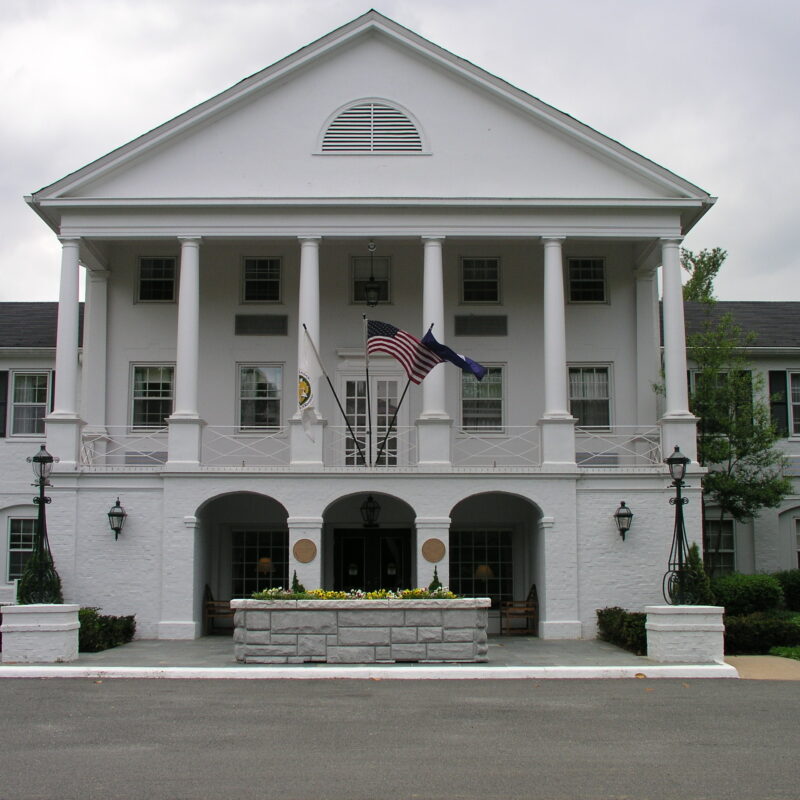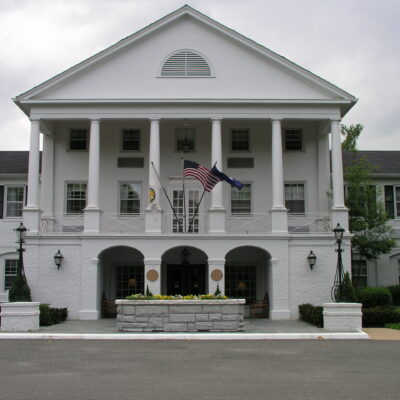A fond farewell
Charlottesville superstar John Conover, 74, passed away over the weekend. Conover arrived in town in 1970 and started a printing press, before serving as a city councilor from 1980 to 1984. He later worked as an attorney with the Legal Aid Justice Center, served on the board of Live Arts, and helped spearhead the creation of the Rivanna Trail.
Conover was a “creative and quirky thinker,” said City Councilor Lloyd Snook at council’s Monday meeting. “I didn’t always agree with him, but I always listened to him…His was a full life, a life of service to the community and the poor.”
Conover’s personality shines through in all of the stories written about him during his time in Charlottesville—in a 2004 interview with The Hook, Conover said his perfect day featured “some competition, some reading, some affection,” and that his proudest accomplishment was “consistency in love and community.”
Court conflict
For nearly 25 years, the Charlottesville Albemarle Adult Drug Treatment Court has helped local residents struggling with addiction get the treatment they need, rather than punish them with jail time. However, one aspect of the court has been a recent point of contention: Participants must plead guilty to their charges in order to enter the program.
Charlottesville attorney Jeff Fogel has brought up the issue numerous times to City Council, leading Charlottesville Commonwealth’s Attorney Joe Platania and Deputy Public Defender Liz Murtagh to give a presentation on the program during Monday’s meeting.
“With the post-plea docket, there’s an acceptance of responsibility and a desire for intensive treatment very quickly,” said Platania. “That is a component that leads to more success.”
Mayor Nikuyah Walker, who worked directly with clients battling substance abuse while at Region Ten, pushed back on Platania’s definition of responsibility.
“They don’t walk in the door, even after those guilty pleas, saying ‘I’m going to change my life and I’m thankful…’ All the people usually know at that time is that they don’t want to go back into jail, which they know does not serve them well either,” she said.
During public comment, community organizer Ang Conn urged council to think about the many people who did not graduate from the program, and in turn were given a sentence, as it considers future changes.
Since there have been only 400 graduates in the program’s history, “that’s approximately 16 successful cases per year,” said Conn. “That doesn’t seem to be a successful program to me.”
_________________
Quote of the week
“Even if businesses fail, they can start another business…What we cannot do is bring someone back to life if they die.”
—Mayor Nikuyah Walker, on her Facebook post suggesting that indoor dining should be banned
__________________
In brief
Disproportionate contact
For the third year in a row, crime charges dropped in Charlottesville—yet Black residents continue to be disproportionately arrested. According to the Charlottesville Police Department’s new annual report, 52 percent of the people arrested last year were Black, even though only about 18 percent of the city is Black. In 2018, 57 percent of people arrested were Black. Meanwhile, complaints made against the department have resulted in few repercussions: Out of the 50 internal affairs cases conducted last year, only 10 percent were sustained.
Sign up
UVA prez Jim Ryan penned an open letter to the university community this week, expressing his distaste for the controversial “Fuck UVA” sign on a student’s Lawn room door. Ryan didn’t like the profanity and also didn’t appreciate that the sign “fail[s] to acknowledge any of the progress that this University has made.” Though the sign is protected under the First Amendment, Ryan claimed UVA admin would consider “additional regulations” for the Lawn before next school year. Many students have pointed out that, ironically, last week the Foundation for Individual Rights in Education ranked UVA the No. 6 university for “open climates for free speech” in 2020.
Blair with me, here
With Dr. Tarron Richardson’s resignation finalized last week, Charlottesville’s new interim city manager appeared at Monday’s council meeting for the first time—or rather, appeared for the first time as a city manager. John Blair has been the city attorney since 2018, and has been a fixture at City Council meetings, sorting out the council’s procedural questions in a measured, deliberate drawl.





